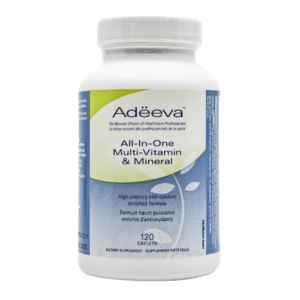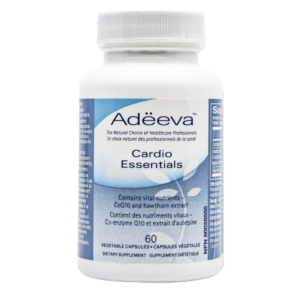
Selenium Shows Evidence for Preventing Heart Failure: The leading cause of hospital admissions after age 65
Source: Int J Prev Med (2019)
Lifestyle Medicine Update (March 26, 2024)
It may interest you to know that about one in nine deaths is caused by heart failure – a condition where the heart muscle becomes too weak to pump blood through the system effectively. So, anything you can do to prevent this condition from developing should be a priority in my mind. Some classic risk factors for heart failure include high blood pressure, obesity, smoking, diabetes, and lack of fitness. But in recent years researchers have also discovered a strong link between sub-optimal selenium intake and selenium blood levels and a significant increase in heart failure risk. In fact, a 2019 study showed that heart failure patients have much lower selenium blood levels than healthy individuals who do not have heart failure. But the overall evidence is much more convincing than that. Previous studies have shown improvement in heart failure by providing heart failure patients with selenium supplementation and raising their blood selenium level into the ideal range. Selenium supplementation has also been shown to lower other risk factors for heart disease in these patients, lowering the LDL-cholesterol (the bad cholesterol), CRP (and inflammatory marker), and raising the good cholesterol (HDL) and improving insulin function, which helps regulate blood sugar. These were modest, but important effects for these high-risk heart failure patients.
https://pubmed.ncbi.nlm.nih.gov/29936923/
In areas of the world where soil levels of selenium are quite low (certain parts of China, New Zealand, and Finland as three prime examples) a form of heart failure known as Keshan disease is quite prevalent and providing citizens with selenium supplements is shown to prevent heart failure in these locations. More impressively, a large Swedish study, which provided 443 healthy elderly individuals with CoQ10 (200 mg) and selenium 200 ug) showed a more than 50% reduction in heart failure and cardiovascular deaths over a 10-year follow-up period, compared to individuals not taking these supplements. The researchers explain that achieving a blood level of selenium of 120 ug/L was optimal for protection against heart failure. Many adults walk around with selenium levels below 75 ug/L. The researchers explain that selenium is required to protect the heart muscle against free radical damage and inflammation, two culprits that can damage the heart muscle and weaken it. CoQ10, on the other hand, helps the heart muscle generate the energy required for optimal contraction. CoQ10 synthesis in the body declines with age, and thus people over the age 45 should consider supplementing with CoQ0 to help keep the heart muscle strong and functional. (https://www.ncbi.nlm.nih.gov/pmc/articles/PMC4666408/)
So, how much selenium should you take?
Some studies show that taking a supplement each day containing 200 ug of selenium helps many people reach an ideal blood level (100 – 145 ug/L), whereas taking only 54 ug per day was insufficient to achieve this outcome. https://pubmed.ncbi.nlm.nih.gov/25990689/ I personally take a high potency multiple vitamin and mineral each day that includes 200 ug of selenium for this reason, keeping in mind that heart failure is the most common cause of hospital admissions at medical clinics for patients older than 65 years. https://www.sciencedirect.com/science/article/pii/S2210833516000046#:~:text=Chronic%20heart%20failure%20(HF)%20occurs,population%20aged%2070%E2%80%9380%20years.&text=The%20prognosis%20is%20poor%20for,patients%20older%20than%2065%20years. I also take a supplement with CoQ10, Hawthorn, Quercetin and L-Taurine, which helps maintain more optimal functioning of the heart muscle after age 45.
The bottom line is that many people walk around with sub-optimal selenium nutritional status, which can come back to haunt them over time, manifesting in the development of chronic heart failure. Getting that extra bit of selenium from a daily supplement makes good sense from my point of view. I have included the 2019 reference from the Int Journal of Preventive Medicine in the text below.
Thanks for watching and I’ll see you next time.
Reference:
Mirdamadi A et al. Selenium level in patients with heart failure versus normal individuals. Int J Prev Med. 2019. https://www.ncbi.nlm.nih.gov/pmc/articles/PMC6941308/
Eat Smart, Live Well, Look Great,
Dr. Meschino
Recommended Supplements

Dr. James Meschino
ABOUT THE AUTHOR
Dr. James Meschino, DC, MS, ROHP, is an educator, author, and researcher having lectured to thousands of healthcare professionals across North America. He holds a Master’s Degree in Science with specialties in human nutrition and biology and is recognized as an expert in the field of nutrition, anti-aging, fitness, and wellness as well as the author of numerous books.




